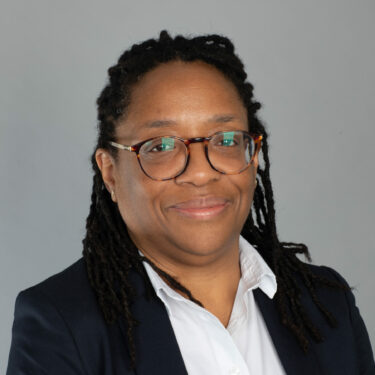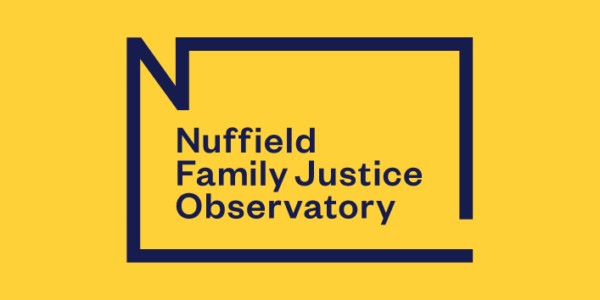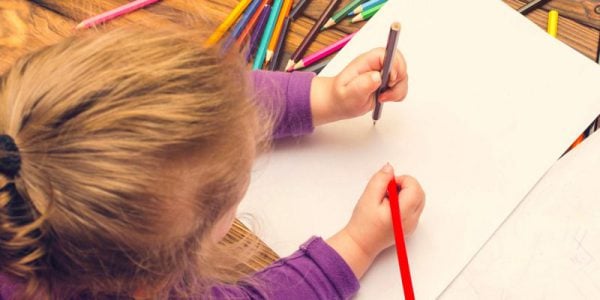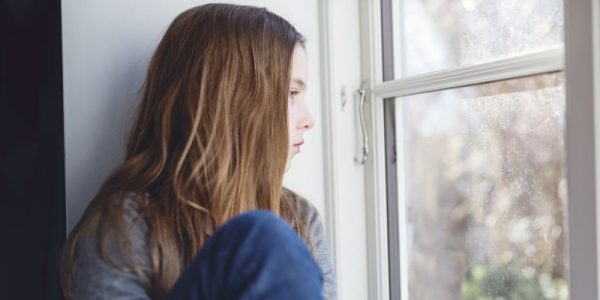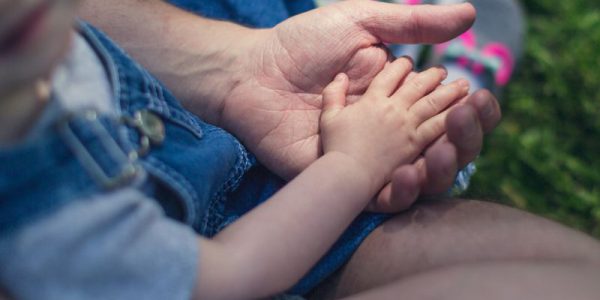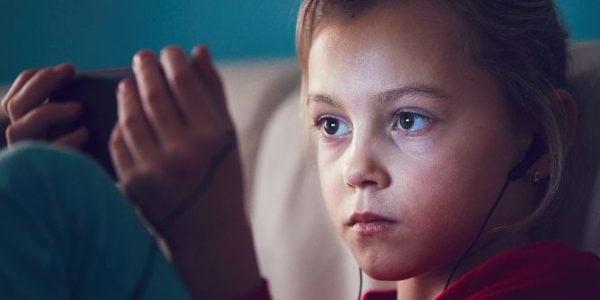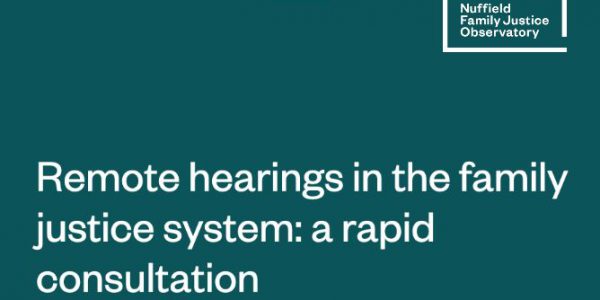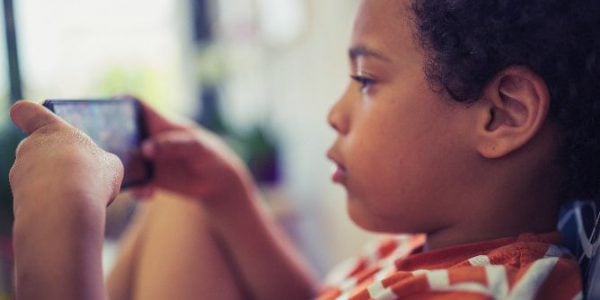‘Through adversity we have learned so much about our families and ourselves’ Joanna Greenway, Walsall Family Time Therapeutic Service.
Over a short space of three months—and at remarkable pace—professionals working in the family justice system have had to radically reconfigure their practices in response to coronavirus and the associated lockdown. On 23 June, in conjunction with Karen Broadhurst and Claire Mason from the Centre for Child and Family Justice Research, Lancaster University, we invited over 80 colleagues from local authorities, health services, Cafcass and Cafcass Cymru, as well as members of the judiciary and organisations representing families, to join us in a virtual seminar to share their experiences of working with parents in the perinatal period (pre-birth and up to a year).
The presentations and discussions reminded us of the speed at which systems and services have been forced to adapt, and the impact on everyone—children, parents, and foster carers as well as professionals. We heard many examples of innovative and empathetic approaches and responses, great flexibility, and a willingness to try new things. This raises the possibility of developing new ways of working that are flexible, tailored to needs, and relationship-based. So what new or adapted practices are emerging around the country?
Perhaps most striking are the ‘human touch’ responses and displays of deep ethics of care and connection shown by professionals in times of heightened uncertainty, anxiety and loss. In Walsall for example, workers have been using video calls to try and involve parents in the bathtime and bedtime routines of children who have been removed from their care. We heard of a mother in Norfolk who would not have been able to go home with her baby without around-the-clock supervision—so a family worker donned full PPE and slept downstairs in order to prevent separation. Of course, while lockdown restrictions are now slowly starting to ease in most parts of the country, social distancing has placed great strain on any existing support networks, and made it difficult for people to access help from family and friends.
In the digital and virtual space, parenting education programmes and apps seem to be really coming into their own. Examples we heard about included the Baby and Me programme in Newport, which runs antenatal group work online, and Baby in Mind in Bridgend, which makes use of its Hello Baby online antenatal programme and the interactive NHS Baby Buddy app, which steps you through the development of your baby during the course of your pregnancy. Baby Buddy allows the user to upload and compare baby scan pictures, suggests bonding and development activities like singing, provides advice on staying healthy such as taking rest and not drinking/smoking, and acts as a diary of pregnancy that can be kept and shared with the baby at a later date.
As Cas Short (Early Parenting Assessment Programme (EPAP)) illustrated, enriching emotional content can be achieved in the virtual space. In Brighton and Hove, materials and aids have been sent to families, along with ‘how to’ guides, with follow-up video calls and online engagement. Group work has taken place through programmes such as Circle of Security, which focuses on emotional regulation and building parent-infant attachment. And in Greater Manchester, digital group work has taken place through the New Beginnings programme.
Alongside the positivity and optimism about further developments in the virtual space, and its potential application over the longer term, there are also concerns about its limitations. Practitioners across the family justice system (including family workers, social workers and the judiciary) emphasise the significance of face-to-face contact between professionals and parents: the ability to be able to build connections, read body language and visual cues, recognise distress and demonstrate empathy in non-verbal ways, for example. Parents need to know the person assessing them and making decisions about their future. Pregnancy and the post-natal period are particularly sensitive times. We heard examples of the socially distanced walk, which provides the necessary privacy and time needed for difficult conversations. We also heard that in some places, including Stockport for example, plans are being made to start direct face-to-face contact or family time using PPE (including direct touch).
However, overall, face-to-face practice and the rollout of new hybrid ways of working are being approached tentatively, with practitioners and family members alike cautious not to spread or contract the virus. Risk assessments are being worked on—albeit with a great deal of uncertainty as to safe care and support pathways—mindful, as pointed out by the judiciary, that the test for interim removal remains the same despite COVID-19. Local authorities need to make sure they have the evidence to support applications for interim removal, and they also need to show that they have explored alternatives to this. A lower standard of evidence, or the cutting of corners, must be resisted if justice is to be upheld. Judges are particularly concerned that, where an interim care order is granted, and the baby removed, then contact during lockdown would almost certainly be virtual, posing a real threat to the baby’s relationship with his or her birth parents and harming the prospect of family reunification.
As Jenny Turnross (Director of Practice at Birmingham Children’s Trust) reported, there is a genuine growing awareness of the difficulties that families have in engaging remotely with court hearings due to the lack of reliable digital equipment, or digital literacy, and local children’s services had to ensure this digital discrimination was addressed. Again, the commitment of practitioners to trying to uphold justice is clear, with firm recognition that this is an extremely challenging time for parents. One local authority has set up a remote sanitised room on its own premises, where parents can participate in care proceedings with full support in terms of effective technology, with the aim of supporting meaningful participation in these socially distanced times. Risk assessments have been conducted regarding the regular cleaning of the room and appropriate spacing.
We heard that some courts are now moving to hybrid hearings (with parents, or other parties, physically present in courtIt was reported that some social workers felt this initial return to some normality in court proceedings had affected their ability to make their case as they continued to give evdience remotely and were not in front of the judge in a ‘real’ way.
COVID-19 results in harms not just to those who contract the disease but to the very functioning of both informal and formal systems of care, ethics, values and conditions of practice. But while risk remains at the forefront, a lot of thought is turning to the meaning of trust, helping, capability, cooperation, resourcefulness, and resilience—not only on the part of practitioners but also parents, families, foster carers, children and young people.
We heard inspiring stories, cautionary warnings, and the voices of a range of social, health care and legal practitioners. It will be important to hear more from families—those with lived experience of practice adapted to lockdown.
About the pre-birth practice in socially distanced times event
We are extremely grateful to all those who shared their stories and experiences with us. In particular we would like to thank the following people for their time and contributions: Joanne Greenway (Walsall Family Time Therapeutic Service); Laura Bibey (Newport Baby and Me); Cas Short (Early Parenting Assessment Programme (EPAP), Brighton and Hove); HHJ Lesley Newton; and Professor Jane Barlow (Oxford University), who has recently completed a report for the Department of Health and Social Care on the impact of COVID-19 on services from pregnancy to five years for families with complex social needs.
The event builds on conversations held as part of a Nuffield FJO-funded study, led by Lancaster University with University of Oxford, which aims to co-design an evidence-informed guideline to promote best practice when the state intervenes at birth.
For further details of some of the programmes mentioned above:
1. Baby in Mind: email talktous@bridgend.gov.uk
2. Baby and Me programme: email IFSS.InvolvementRequest@newport.gov.uk or
Laura.bibey@newprot.gov.uk
3. Walsall Councils Family Time Therapeutic Service: email Joanne.Greenway@walsall.gov.uk
